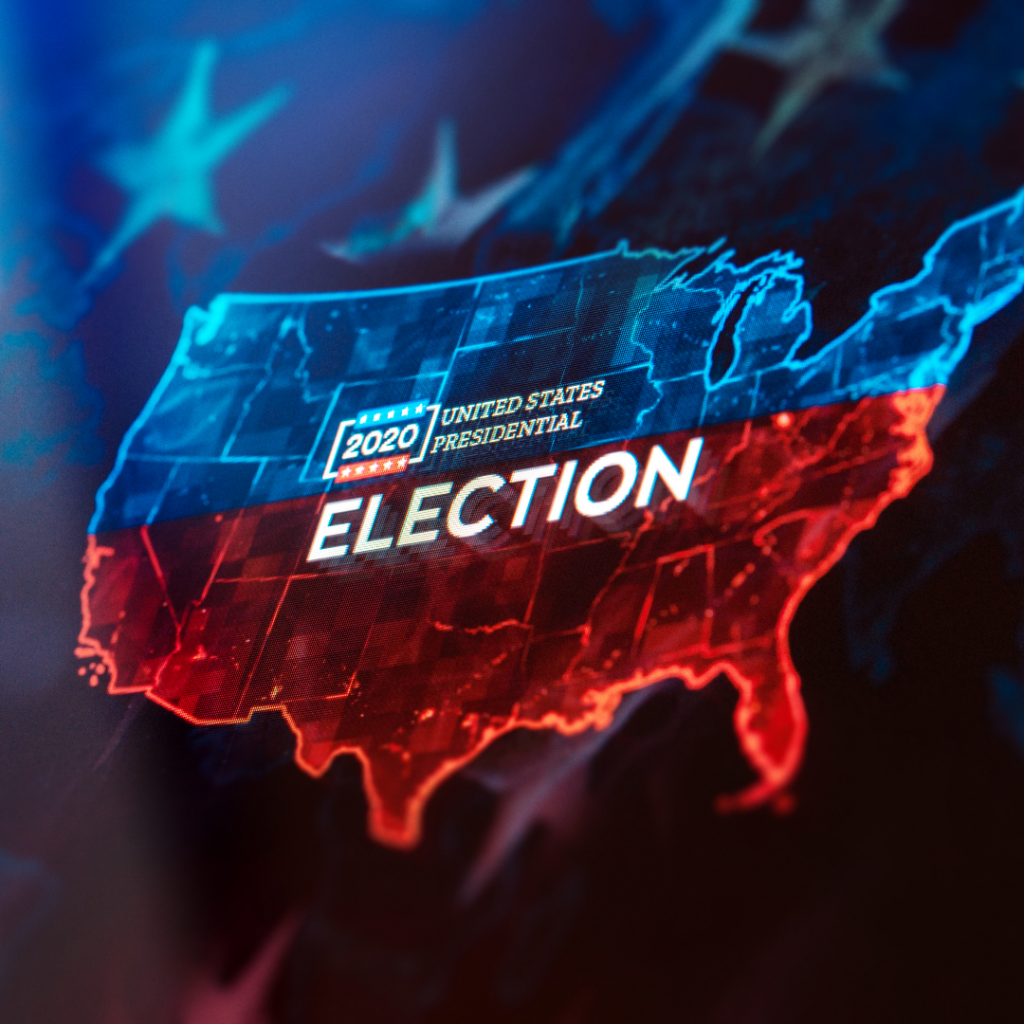As the highly controversial 2020 election draws nearer, pandemic worn-down investors are wary of what the market could do if a victor is not declared right away and the candidates decide to square off. Historically, the truth is that we do not have much to go on. There are only two times in the past 150 years when the US Presidency was not determined right away—once in 1876 with Samuel Tilden and Rutherford B. Hayes[i] and once in 2000 with the infamous Bush v. Gore debacle.

Among the most obvious differences in these two elections are (1) technology and the (2) real-time availability of media coverage. There is no denying that the accessibility to current events via the television and the internet affects investor actions, which in turn, cause major rallies or sell-offs in the equities markets.[ii] In evaluating the possibility of a contested 2020 Presidential election, then, we can really only measure possible market outcomes by the Bush v. Gore election two decades ago.
The Market Disfavors Uncertainty
After Election Day in November 2000, the country stood wide-eyed and frustrated at Florida whose hanging chads complicated the validity of razor-thin voting results. The votes were so tight that a recount was initiated by the state. Two days after the polls closed, the NASDAQ plunged 5.4%. On the third day, Al Gore declared he would not concede, and market prices swayed in response. By the end of November, when it was clear the results would not be settled right away, the S&P 500 plunged close to 10% and the NASDAQ nosedived 19%.[iii]
But the journey down wasn’t necessarily linear. Each time a victor seemed to be apparent, the market would rally, only to fall again when events that suggested further uncertainty were reported. For example, when rumors circulated that Gore was ready to raise the white flag, the market would show a significant uptick in equities prices.[iv] Essentially, investors tend to see one party as a risk against their way of life and the American economy. Not knowing where to place their bets in 2000, figuratively speaking, this made investors nervous.
All in all, the market proved to disfavor uncertainty once again. And of course, this should come as no surprise. Coronavirus ring a bell?
The Takeaway
It is often said that money doesn’t make decisions, people do. The same goes for the market. The market does not move on its own, but in response to investor sentiment and corporate behavior. Essentially, feelings largely drive investor behavior, especially in times when they feel threatened by a possible shift in the power structure.
Could this time be different? Some economists are arguing that the 2000 election may not be the roadmap we want to carry into the 2020 election because of the post-recessionary environment in which Americans are currently operating. In 2000, American investors were facing a bear market. Today, US earnings are on the rise—perhaps due to optimism regarding a vaccine, perhaps due to fiscal policy change, economic stimulus, or all of the above. The economic headwinds in 2000 facing the US economy may have made it feel as if there was more on the line with the presidential election.
The bottom line is that investors—especially those nearing retirement—may want to consider which strategies they will employ to reduce election-tethered market volatility regardless if a stalemate forestalls the final decision or not. Consult with your financial professional about how to prepare for the possible volatility ahead.
At URS Advisory, we specialize in helping individuals and families prepare for retirement, which includes managing assets against volatile situations. If you have questions about your own portfolio or would like a second opinion, schedule a conversation with us today. We would be happy to meet you and discuss your short and long-term financial goals.
[i] https://www.history.com/news/reconstruction-1876-election-rutherford-hayes 9 October 2020
[ii] https://www.sciencedirect.com/science/article/pii/S1544612317302465 9 October 2020
[iii] https://www.forbes.com/sites/sergeiklebnikov/2020/09/16/heres-why-delayed-election-results-might-not-lead-to-a-market-sell-off-like-in-2000/#593bc7c14243 9 October 2020
[iv] Ibid.
Disclaimer: Advisory services are offered through URS Advisory LLC, a Registered Investment Advisor in the State of Florida. Insurance products and services are offered through URS Insurance, an affiliated company. URS Advisory LLC and URS Insurance are not affiliated with or endorsed by the Social Security Administration or any government agency. Investing involves risk including the potential for loss, and past performance is no indication of future results. Opinions expressed herein are solely those of URS Advisory. All written content is for information purposes only. It is not intended to provide any tax or legal advice or provide the basis for any financial decisions. Material presented is believed to be from reliable sources; however, we make no representations as to its accuracy or completeness. All information and ideas should be discussed in detail with your financial adviser or qualified professional before making any financial decisions.


